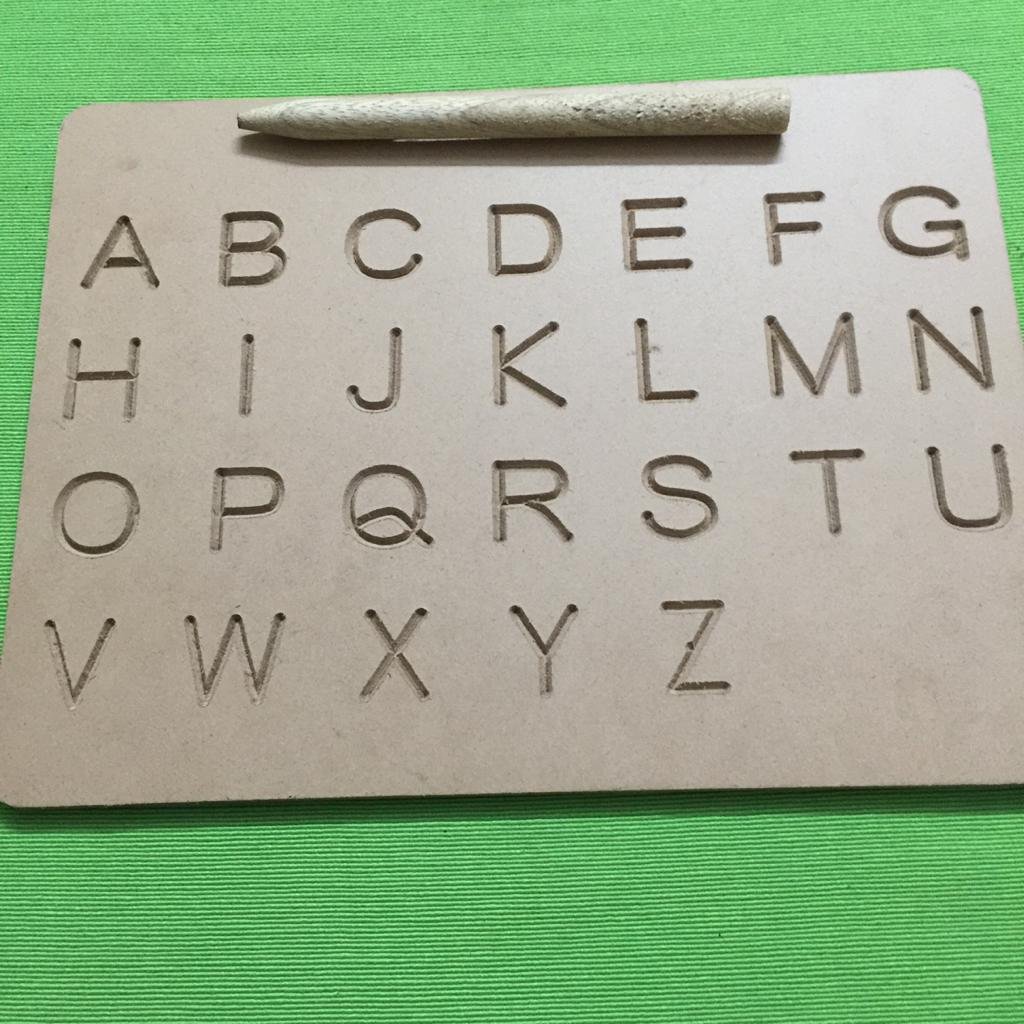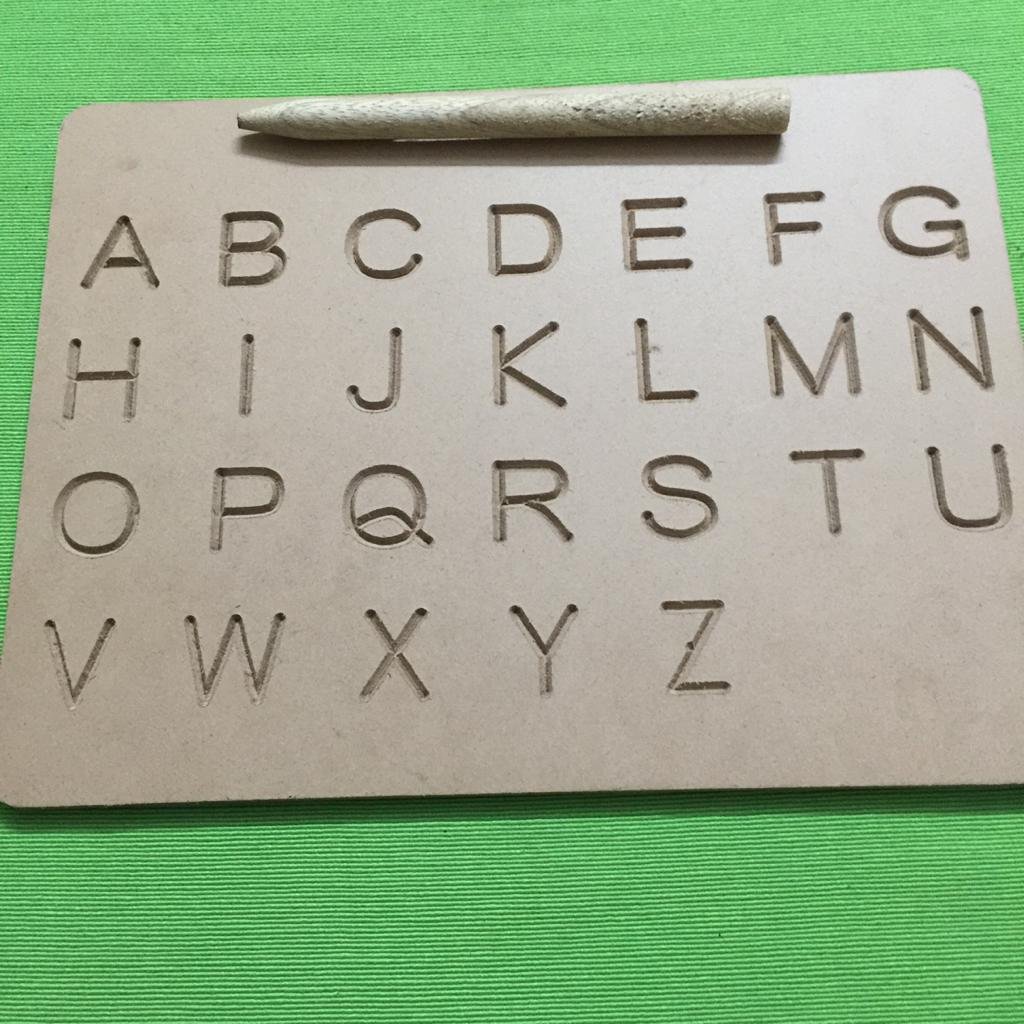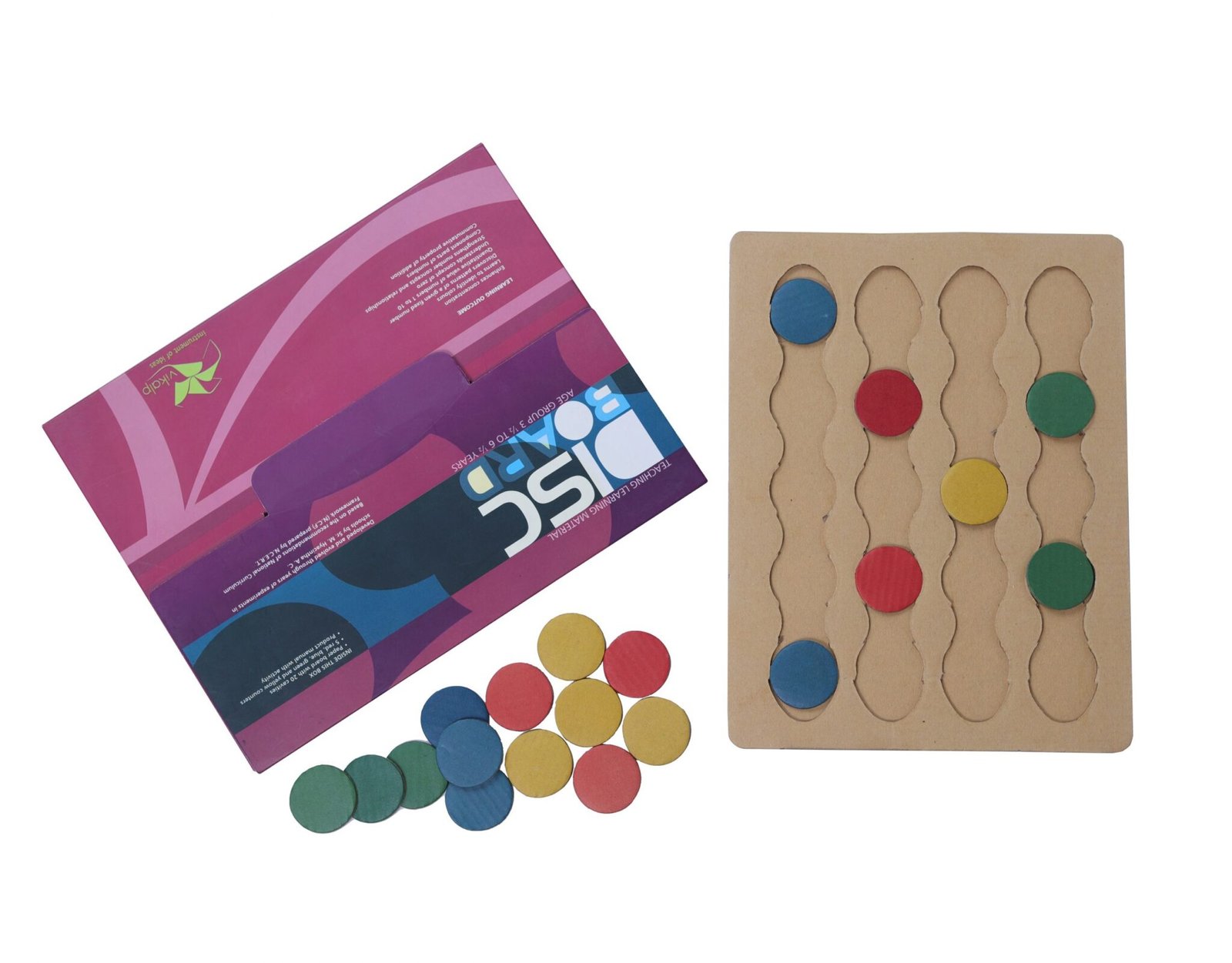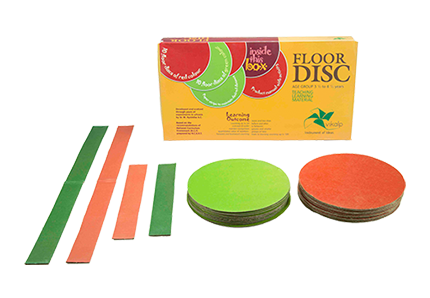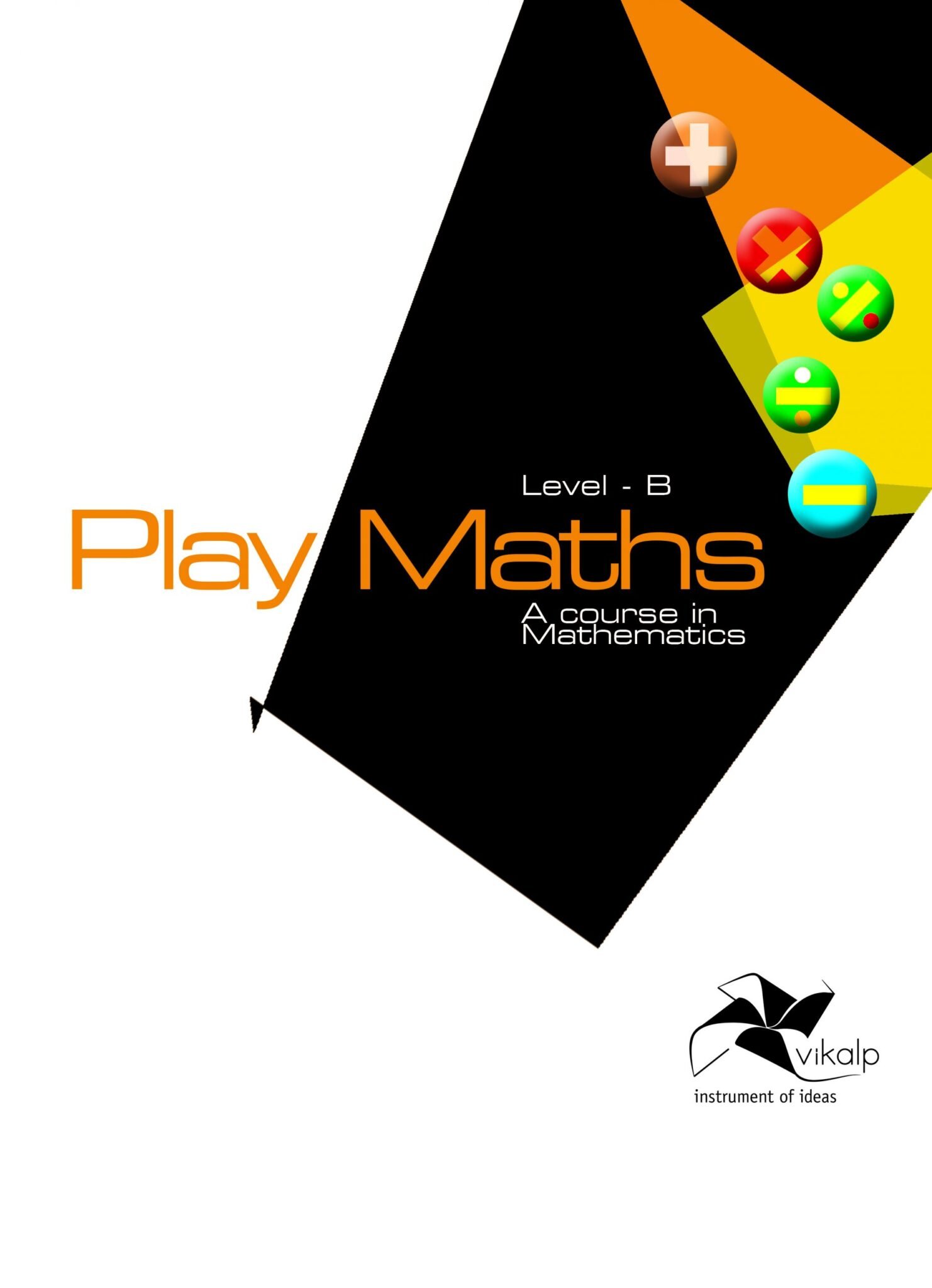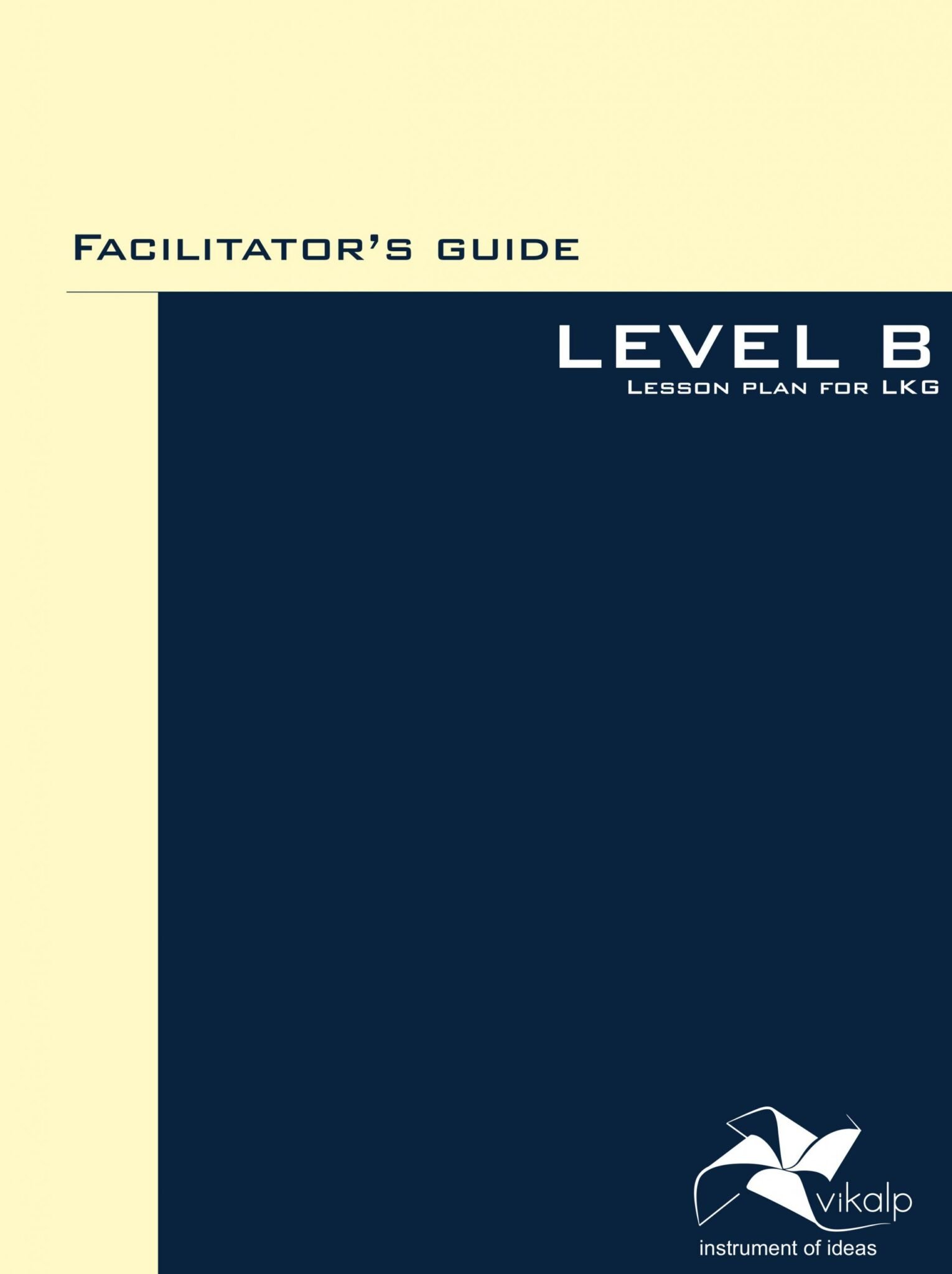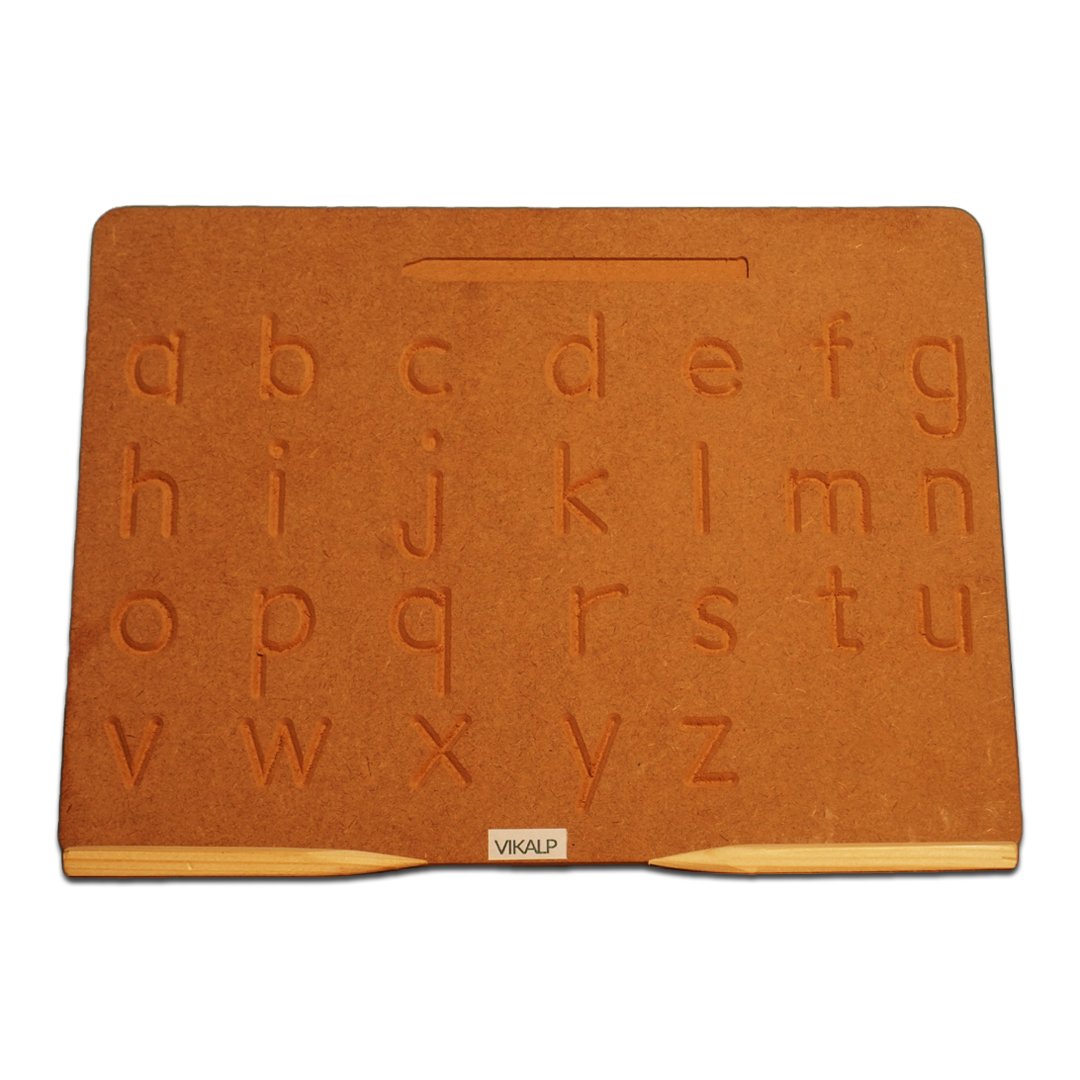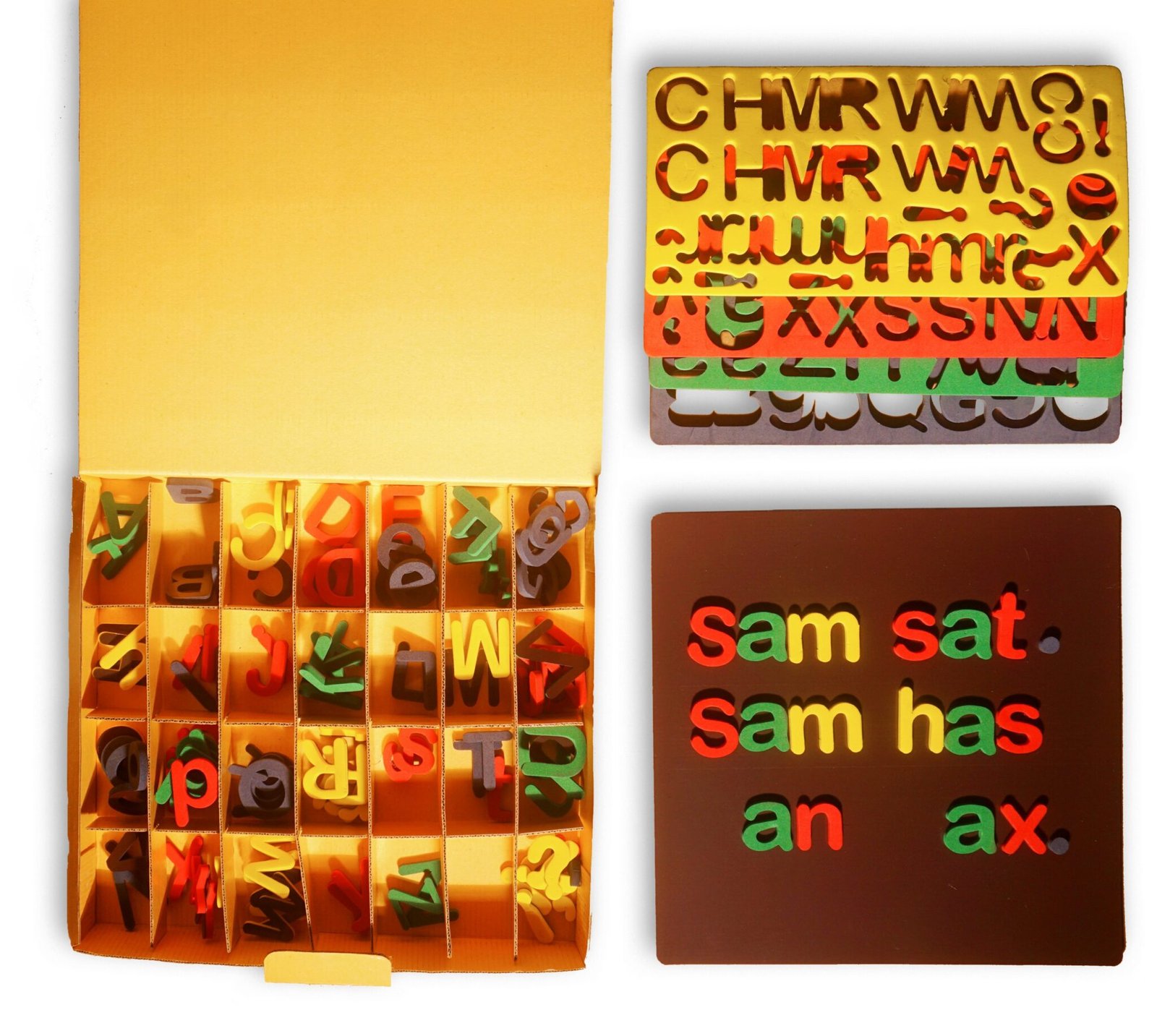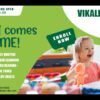Currently Empty: ₹0.00
Lower Kindergarten (3 Month Subscription)
₹12,850.00 – ₹38,550.00
https://www.youtube.com/watch?v=M3xOpW4ss44
Lower Kindergarten (3 Month Subscription)
- 72 Live classes
- Duration 30 minutes
- Batch: 6 to 9 students
- Platform: Zoom
Methods & Techniques
- Discover concepts while doing activities
- Practise on mobile games
- Interpreting pictures, sketches, cartoons
- Reading aloudn and reciting poems
- Making observations on a given topic/theme
- Telling and retelling stories & anecdotes
- Simple activities as follow-up assignment
- Assessment of both activity + pen & paper work
Educational toys shipped to your home
- Learn to write letters on Alphabet Handwriting Board.
- Counting 1 to 20 with Floor Disc
- Discovering value of numbers on Disc Board.
- Phonic based Reading with Magnetic letters.
- Phonic sound with Phonic cards.
Books shipped at your home.
- Facilitator Guide with step-by-step instruction.
- “Play Math” multicolour Activity Book
Digital Products at your phone
- Watch Video Lessons to understand https://play.google.com/store/apps/details?id=com.VikalpIndia.MathVideoApp&hl=en_IN&gl=US
- Play mobile games to practice the concepts https://play.google.com/store/apps/details?id=com.VikalpIndia.PlayMathbyVikalpIndia&hl=en_IN&gl=US
Customer Care Support
- Coordination btw parent and faculty
- Coordination with Parent and assessment dept.
- Conducting webinars on mental, physical and socio emotional development of your child.
- Resolving doubts in doing activities, playing games and follow up assignment.
https://www.youtube.com/watch?v=SJ4cYuD2mQI
MEDODOLOGY
Our methodology is inspired by works of founders of experiential learning approach like John Dewey, Kurt Lewin and Jean Piaget. However, our methodology is very similar to David Kolb’s four-stage model of experiential learning. It is argued that our methodology is practical application of this approach in teaching school curriculum.
- First stage– Learning begins with concrete experience. Concepts are introduced via learning toys. Children play and discover concept.
- Second Stage– This learning continues in mobile games where children reflect on what they have understood. They think about the concept from different angles while playing games on mobile.
- Third stage– Once they start grasping the concept, pen and paper is introduced. Conceptualising begins and children start thinking in abstract and starts doing exercises on workbook. This is a gradual movement from concrete to abstract.
- Fourth stage– Now children start experimenting and applying their understanding. At this stage children’s activities and pen and paper work is assessed and diagnostic report is generated. Remedial is planned and learning continues.
CONCEIVED BY
Following two educators of Indian origin has contributed significantly in the conception of this idea:
- P.K. Srinivasan – Fulbright Exchange teacher in USA. Later became Director Emeritus, Ramanujan Museum and Math Education Center (Chenni, India)
- M. Hyacintha A.C – Director, Carmel Teacher Center, Hazaribagh, India
RECOGNISED BY
- Invisible design of the products has been awarded by National institute of design (NID), Ahmedabad, India.
- J-PAL, a research center at Massachusetts Institute of Technology (MIT), United States established that Vikalp shows substantial gain in learning outcomes.
- Vikalp has been featured twice in Outlook magazine for the impact it’s creating among students.

